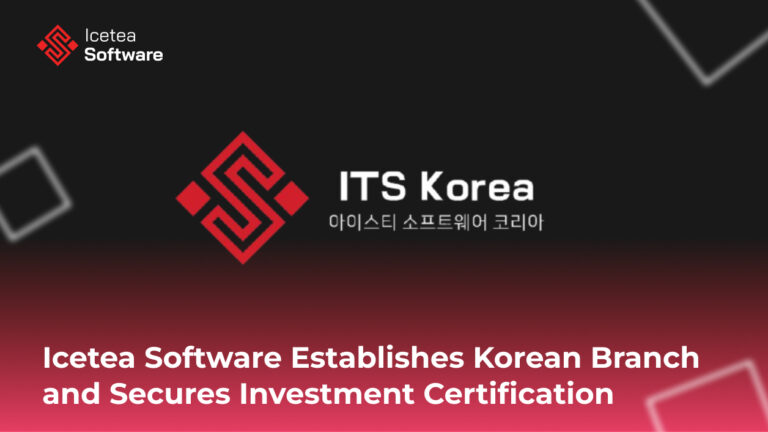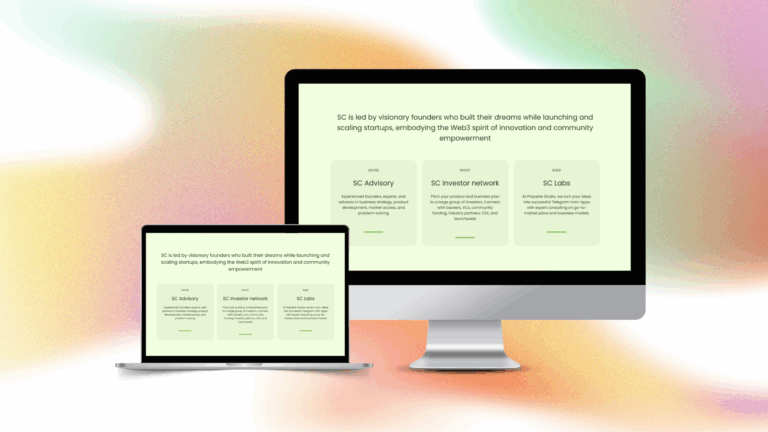Hanoi Convention: A global turning point for a safe and humane cyberspace
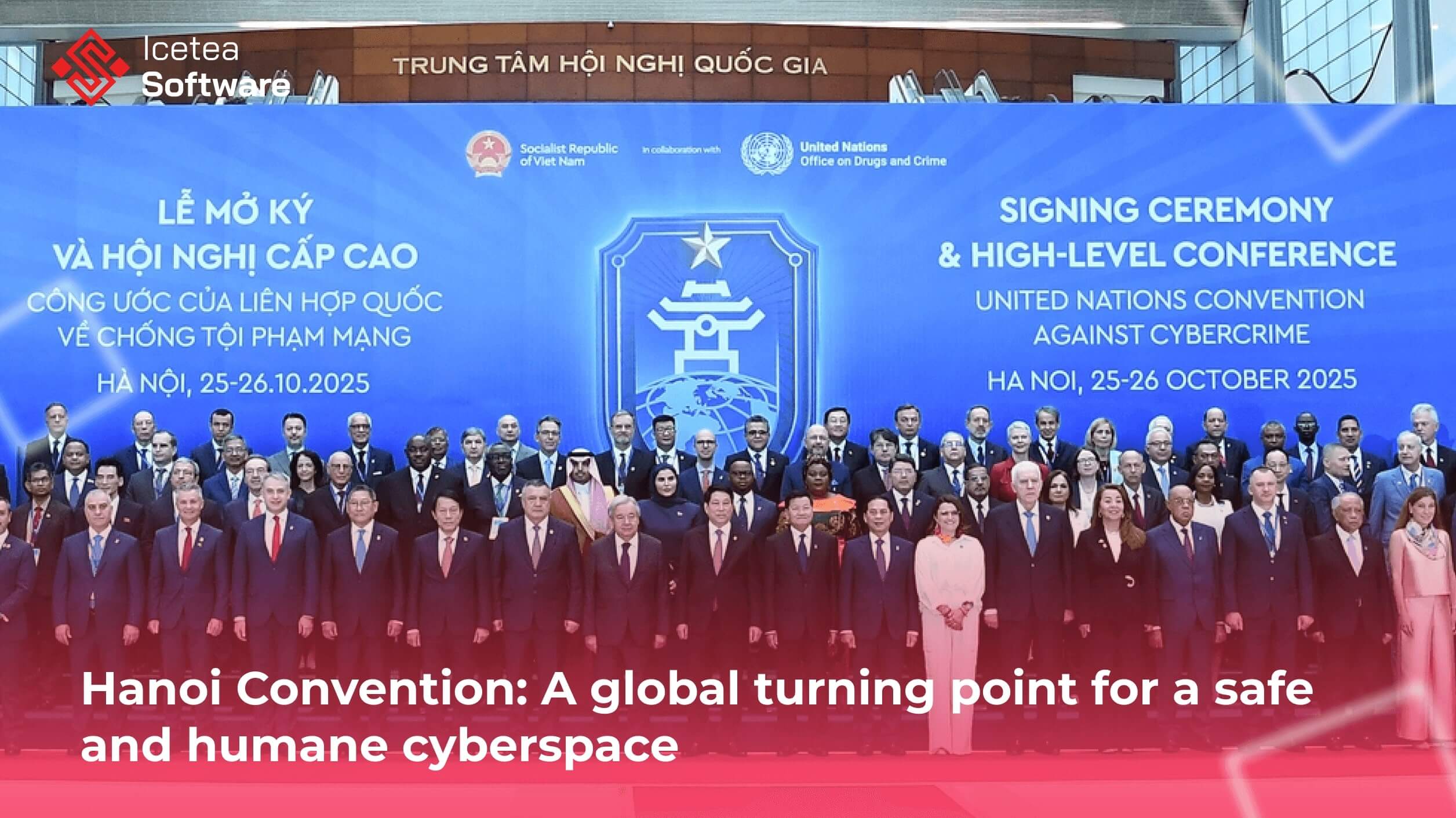
The adoption of the Hanoi Convention marks the establishment of the first and most comprehensive multilateral legal framework to address the complex and evolving challenges of non-traditional security threats in cyberspace.
In the digital age, technology has become the lifeline of every economy. Yet, alongside rapid innovation comes an alarming rise in cybercrime, threatening national security, digital sovereignty, and public trust. The world now needs a unified voice to safeguard order, safety, and ethics in the online environment.
Hanoi Convention – The global center of consensus
On October 25–26, 2025, Hanoi became the world’s focal point as it welcomed more than 2,500 delegates from 110 countries, 150 international and private organizations, and over 50 research institutions for the signing ceremony of the Hanoi Convention on Cooperation against Cybercrime. This landmark document is considered the largest multilateral cybersecurity convention of the decade.
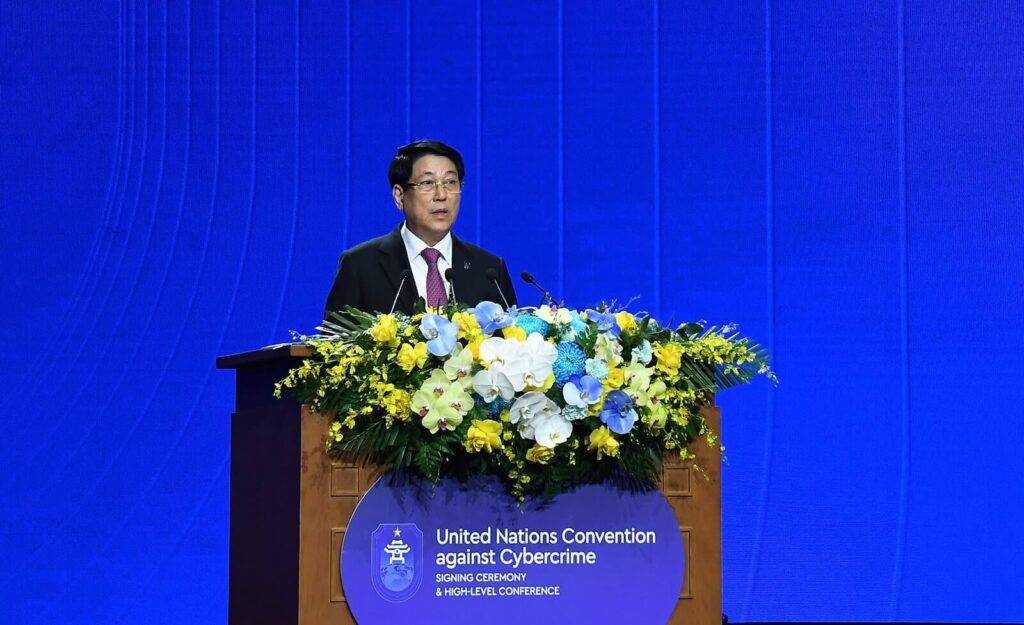
In his opening remarks, Vietnamese President Luong Cuong emphasized three core messages of the Convention:
First, reaffirming the commitment to shape a secure and lawful cyberspace based on international law. The Convention establishes a level playing field and a shared code of conduct to prevent arbitrary actions and protect nations’ digital sovereignty.
Second, promoting solidarity, mutual support, and cooperation. The fight against cybercrime cannot succeed without close collaboration. The Convention underscores the importance of capacity building, information sharing, technical assistance, and technology transfer, especially for developing nations.
Third, placing people at the center. Every legal and technological effort must ultimately protect citizens’ safety, privacy, and rights ensuring no one is left behind in the digital transformation journey.
These three pillars reflect Vietnam’s strong commitment to shaping a fair, secure, and human-centered digital order, where every nation has a voice, and every citizen is protected.
A milestone of global cooperation
The event concluded with 72 countries signing the Convention within two days, including 64 during the plenary session. This unprecedented participation highlights the Convention’s global influence, spanning all continents from 19 Asia-Pacific nations, 21 African countries, 19 EU members, to 12 from Latin America.
The United Nations recognized it as one of the largest convention signings in the past decade. The presence of UN Secretary-General António Guterres and senior leaders from over 100 countries in Hanoi underscored the world’s confidence in Vietnam’s leadership and credibility.
International media outlets from the U.S. to Europe and Latin America, praised Vietnam not only for its exceptional hosting but also for its emerging role as a global leader in cybersecurity governance.
Businesses – The force that turns commitments into action
In his message to the signing ceremony, UN Secretary-General António Guterres stated:
“The UN Cybercrime Convention is a powerful, legally binding instrument to strengthen our collective defenses against cybercrime.”
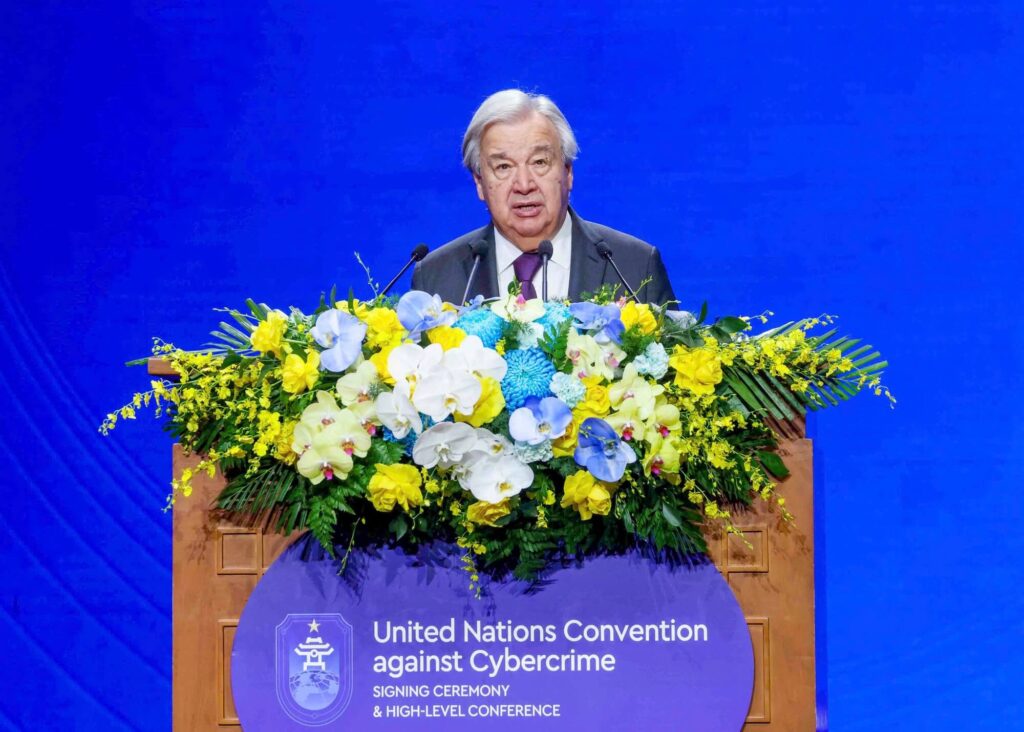
If governments set the principles, then technology enterprises are the ones who bring those principles to life. Hanoi Convention sends a clear message: protecting cyberspace is not the sole responsibility of states, but a shared mission across the entire technology ecosystem from policymakers and international organizations to private enterprises.
Every software company and online platform is shaping the digital future through how they collect, process, and secure user data, how they apply AI and Blockchain, and how they maintain user trust.
Technology is not just a tool, it is a responsibility.
As the Hanoi Convention opens a new era of global cooperation in cybersecurity, businesses worldwide must embrace their mission: to build a safer and more responsible digital environment for users, for enterprises, and for the future.
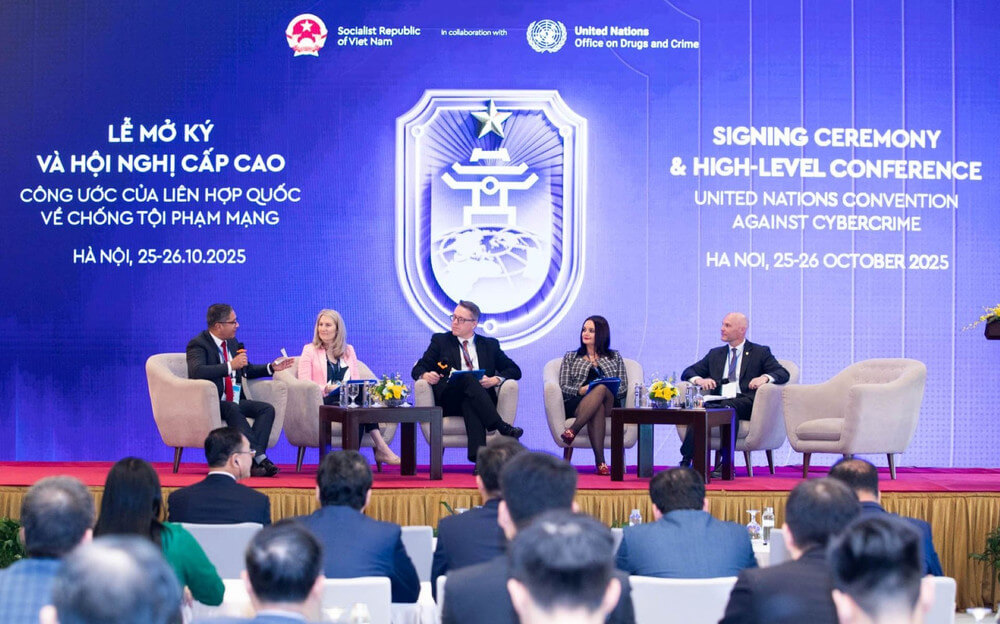
Icetea Software – Building a trustworthy digital future with the world
As a pioneer in software, AI, and blockchain development in Vietnam, Icetea Software deeply aligns with the vision of the Hanoi Convention: “Building a transparent, secure, and humane cyberspace.”
Icetea is committed to developing reliable and ethical technology platforms, including:
- Blockchain solutions that ensure data authenticity and prevent fraud.
- AI applications that strictly comply with ethical and security standards.
Every project reflects Icetea’s unwavering commitment to Digital Trust.
We believe the future of the Internet lies not only in lines of code, but in how humanity uses technology to create a safer and better world in harmony with the spirit of the Hanoi Convention.
———————————————
𝐈𝐜𝐞𝐭𝐞𝐚 𝐒𝐨𝐟𝐭𝐰𝐚𝐫𝐞 – 𝐂𝐮𝐭𝐭𝐢𝐧𝐠 𝐄𝐝𝐠𝐞 𝐓𝐞𝐜𝐡𝐧𝐨𝐥𝐨𝐠𝐢𝐞𝐬
𝐖𝐞𝐛𝐬𝐢𝐭𝐞: iceteasoftware.com
𝐋𝐢𝐧𝐤𝐞𝐝𝐢𝐧: https://www.linkedin.com/company/iceteasoftware/
𝐅𝐚𝐜𝐞𝐛𝐨𝐨𝐤: https://www.facebook.com/IceteaSoftware/
𝐓𝐰𝐢𝐭𝐭𝐞𝐫: https://x.com/Icetea_software


